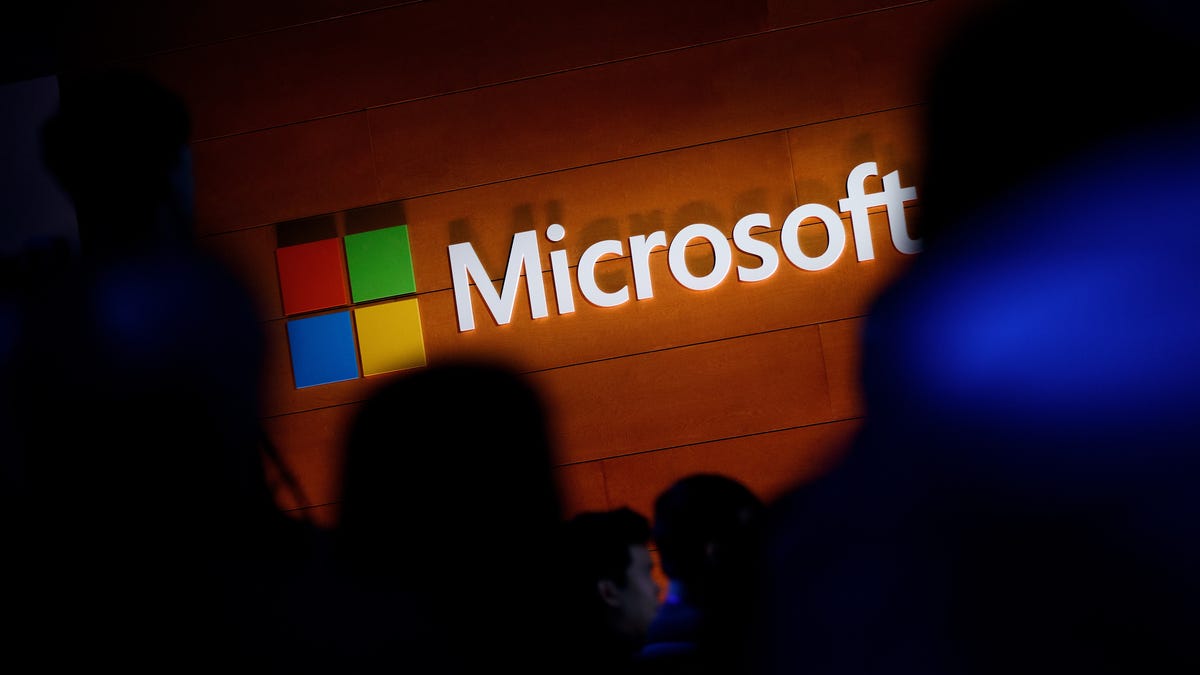Microsoft Approaches a Pivotal Moment as It Nears Its 50th Anniversary

The Current State of Microsoft’s AI Ambitions
In late 2022, Satya Nadella, CEO of Microsoft, made a pivotal decision to invest billions into OpenAI and align Microsoft closely with artificial intelligence (AI) technologies. Initially, this strategic move appeared to be a masterstroke, as Microsoft gained an early advantage over competitors like Google, Apple, and Meta in the burgeoning AI market. Wall Street responded positively, boosting Microsoft’s market capitalization by over a trillion dollars.
Challenges in Microsoft’s AI Journey
As of early 2025, however, Microsoft’s optimistic vision seems to be facing several formidable challenges. Key issues include substantial cutbacks in data center investments, disappointing stock performance compared to tech industry peers, escalating discord with OpenAI, and a noticeable decline in the market’s enthusiasm for AI.
Stock Market Struggles
The financial outlook for Microsoft has been particularly grim. The company’s shares barely escaped an eight-week losing streak, which would have marked the longest since the financial crisis of 2008. From a peak closing price of $467.56 in July 2024, Microsoft shares have dropped approximately 16%. In stark contrast, other tech companies focusing on AI have experienced significant gains, placing Microsoft as the only major tech stock in a downturn over the last year.
Pullbacks in Infrastructure Investments
In response to these challenges, Microsoft has retracted its ambitious plans for expanding its AI infrastructure. Reports indicate that the company has canceled several upcoming data centers that were intended to enhance its capacity by around 14%—equivalent to the computing power of a major tech hub like Tokyo. Additionally, Microsoft chose not to exercise a $12 billion option for additional data center capacity from Coreweave, another indication of its strategic retreat amidst changing circumstances.
Evolving Relations with OpenAI
Another hurdle for Microsoft is its increasingly strained relationship with OpenAI, which is crucial for its AI strategy. Internal discussions suggest a growing uncertainty within the company. Mustafa Suleyman, Microsoft’s AI chief, is managing dual responsibilities: fostering the partnership with OpenAI while also steering Microsoft towards greater self-sufficiency in AI. The company has been developing its own set of AI models and testing alternatives for its flagship Copilot product, an initiative that has not seen significant market traction.
Copilot’s Market Reception
Despite being a central part of Microsoft’s AI offerings, Copilot has faced challenges in gaining user adoption. A survey conducted by Gartner revealed that many organizations are still in the testing phase and struggle to see tangible results from their Copilot implementations. Some industry executives have expressed frustration with Copilot’s performance, indicating that it is lagging behind other solutions.
AI Adoption Trends
These challenges are not unique to Microsoft. Recent data shows a slowdown in AI adoption across the board, reflecting broader industry apprehensions. According to the Fall 2024 Slack Workforce Index, the growth in AI adoption among U.S. workers has dramatically reduced to just 1% over three months, a stark decline from the double-digit growth witnessed a year prior. Analysts are predicting that 2025 may witness a general downturn in AI-related investments, reflecting caution among Chief Information Officers regarding AI spending.
Navigating Uncertain Waters
As Microsoft commemorates its 50th anniversary, the company faces a crucial juncture in its AI strategy. Its approach involves raising product prices while mandating AI integrations, creating competing AI models while still collaborating with OpenAI, and limiting infrastructure expansions despite claiming unprecedented demand for AI services. This contradictory strategy indicates a company that is attempting to hedge its bets rather than boldly pursuing what could be the next technological marvel.
In an environment where even established leaders like Microsoft are grappling with uncertainties about the future of AI, the confidence that once underpinned the tech giant’s ambitious plans appears to be wavering.






